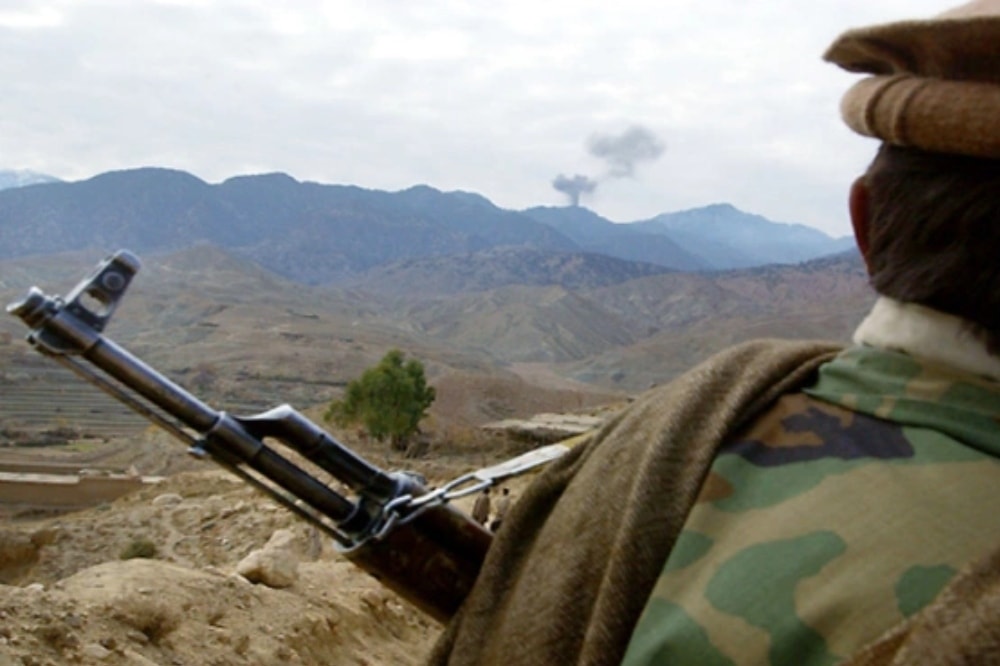CHINA SELLING ARMS TO RIVAL GULF COUNTRIES AND MAKING BIG BUCKS

As Middle Eastern countries diversify their arms suppliers to address developing security threats, China is positioned to supply the rising demand. However, Beijing is doing nothing to prevent its technology from entering into the hands of Tehran’s regional agents.
According to US Assistant Secretary of State for Near Eastern Affairs Barbara Leaf, China has supplied the unmanned armed vehicles (UAVs) utilized by Iranian proxy militias in recent years. On August 4, Leaf informed the Senate Foreign Relations Committee, “Those UAVs that [Iranian] proxies utilize are Chinese.” Leaf went on to say that they were “not given by the state, yet the state makes no attempt to limit that flow.”
The Iranian Revolutionary Guard Corps (IRGC) acquires drones from China and ships them to its dozen proxies spread across Iraq, Syria, Lebanon, and Yemen.
Drones, especially those supplied by China, have become mainstays in the arsenals of Iran-backed terror organisations. In 2019, the Iranian-backed Houthis in Yemen deployed drones to attack Saudi oil production sites. Two years later, Houthi drones targeted an oil ship owned by Japan and managed by Israel near Oman. In August 2022, terrorists supported by Iran conducted a drone attack on US military outposts in southeast Syria.
In addition to hardware, Beijing provides modern satellite navigation and communication technology to Iran to improve drone performance. China’s BeiDou satellite navigation system, which competes with the U.S. The GPS system is the foundation of the drones’ navigation system.
Only Iran and Pakistan have access to BeiDou’s military-grade transmissions, which outperform commercially accessible equivalents. In October 2015, Iran Electronics Industries, a state-owned company of the Defense Ministry, signed a deal with China to gain access to BeiDou.
China’s military assistance to Iran goes back to the Iran-Iraq War, when China sent munitions to Tehran. China-Iran ties have progressed significantly in the ensuing years, most notably in March 2021, when the two nations agreed to a 25-year “Comprehensive Strategic Partnership.” A whopping $400 billion will be invested in expanding bilateral economic, military, and security cooperation under the terms of the agreement.
China is cleverly leveraging tensions between Saudi Arabia and Iran by supplying both nations with unmanned aerial vehicles (UAVs). Fearing Iran’s belligerence, Saudi Arabia signed a contract with China in March to build a drone factory in order to create UAVs domestically. The transaction was signed by state-owned defense firms from both sides, Saudi Advanced Communications and Electronics Systems Co. and China Electronics Technology Group.
Riyadh has been purchasing Chinese drones since 2014, when it ordered the Wing Loong II and CH-4 spy and strike drones. These precise versions are duplicates of American drones, and both can carry two air-to-surface missiles as payload.
Prior to 2016, China was not thought to be a significant exporter of arms to the Middle East. Today, though, China finds willing consumers throughout the region. Leaf stated in her views, “The Chinese have gotten more than their foot in the door, exactly because of their virtual monopoly on drone technology, and they have disseminated it helter-skelter over the area.”
Riyadh has been purchasing Chinese drones since 2014, when it ordered the Wing Loong II and CH-4 spy and strike drones. These precise versions are duplicates of American drones, and both can carry two air-to-surface missiles as payload.
Prior to 2016, China was not thought to be a significant exporter of arms to the Middle East. Today, though, China finds willing consumers throughout the region. Leaf stated in her views, “The Chinese have gotten more than their foot in the door, exactly because of their virtual monopoly on drone technology, and they have disseminated it helter-skelter over the area.”
The growing danger posed by Iran and its affiliates has fueled the drone buying frenzy. To address modern security objectives, the altering strategic terrain necessitates increasing investment in weapons platforms and defensive technologies. Diversification of providers and solutions is critical to the Middle East’s new security architecture.
Middle Eastern countries, on the other hand, should tread carefully or they might become embroiled in an arms race organised by Beijing. China’s arming of Iran creates a vicious cycle in which Beijing helps and abets Tehran’s terror, regional parties increase demand for guns in response, and China makes it plain that it is prepared to supply demand. Cautious and restricted diversification may prove to be a more reasonable approach for regional middle-powers seeking to meet legitimate security concerns without over-reliance.






